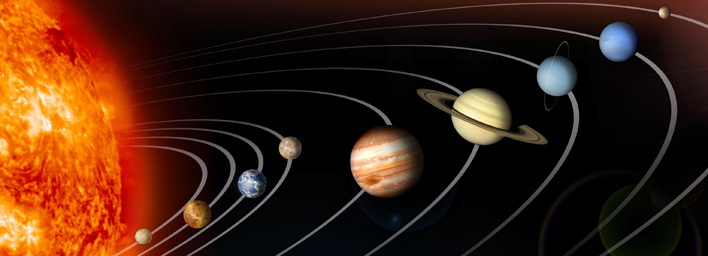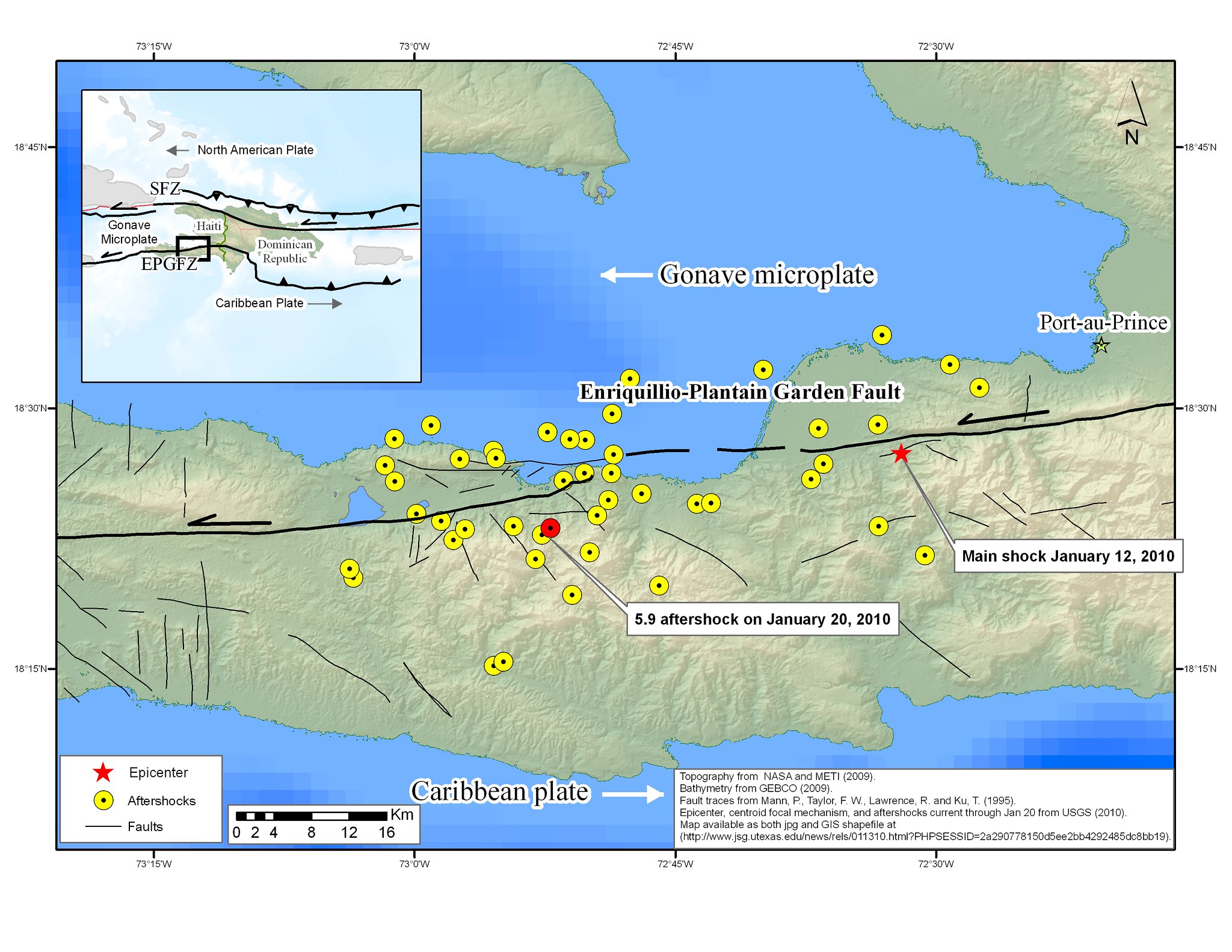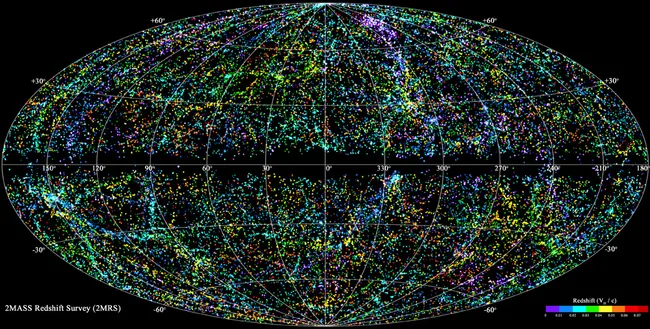
Heliocentric Definition, Etymology, and Scientific Impact
Discover the meaning of ‘heliocentric,’ its Greek origins, and its significance in the history of astronomy.
But you don't know it
Word physics originates from Greek word Φυσική (fysiki meaning physics).
The word in Greek originates from word Φύση (Fysi , which means nature).
In this funny video from Big Bang Theory show declares that comes from word Fysika that is true as in Ancient Greek the works about physics named Fysika and meant physical phenomena.
So the science to understand the laws of Nature is physics.

Discover the meaning of ‘heliocentric,’ its Greek origins, and its significance in the history of astronomy.

Delve into the ephemeris concept, tracing its etymology and showcasing its role in astronomy and navigation.

Explore the meaning, etymology, and origins of “baryon,” a fundamental particle in quantum physics.

Dive into astrophysics, the branch of astronomy that applies the laws of physics to understand the universe’s vast complexities.

Discover entropy, a fundamental thermodynamics concept from Greek “transformation,” indicating systems’ shift from order to disorder over time.

Explore ‘epicentre’, a term from Greek ‘epi’ (upon) and ‘kentron’ (center), crucial in locating earthquake origins on Earth’s surface.

Explore ‘seismology’, the science of earthquakes, from Greek ‘seismos’ (earthquake), deciphering Earth’s dynamic processes.

Unveil the layers of ‘Uranian’, from its Greek mythological roots as the god of the sky, to astronomical connections with Uranus, and its significant role in gender identity discussions in historical literature

Explore ‘dynamic’, a term signifying change and energy, from its Greek origins to modern applications in various fields.

Discover ‘cosmogony’, the study of the universe’s origin, blending ancient mythology with modern astronomical theories.